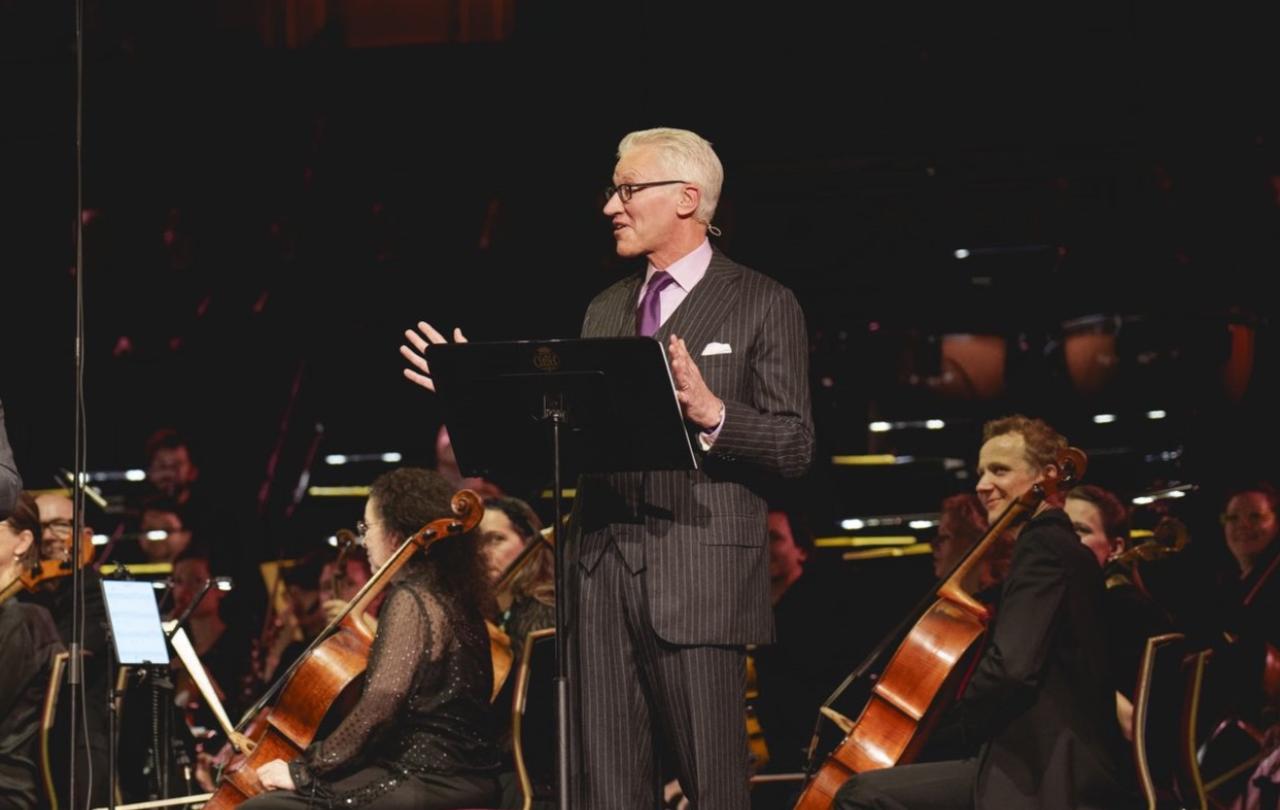
Alister McGrath’s new book: Why We Believe: Finding Meaning in Uncertain Times will be published by Oneworld, in January 2025. He gives us a sneak preview of the theme of the book here – look out for it when it comes out.
Who can we trust? What can we trust? These are among the most difficult and cognitively demanding tasks that we face in everyday life. We look for friends who are smart, honest and dependable – just as we seek beliefs that are trustworthy and enable us to flourish. My argument in this book is that belief is natural, reasonable and has the potential for good. To deny it, to suggest that faith is only for those not willing to deal in facts, is simply to diminish us as human beings.
It is perhaps the greatest paradox that we face as human beings: we only seem to be able to prove shallow truths, but not the great truths of meaning, goodness and significance that lie at the heart of our existence and give order and meaning to our lives.
During my period as Professor of Science and Religion at Oxford University, I was able to reflect extensively on the scientific study of beliefs, which calls into question the cultural oversimplifications of recent polemics – such as those of the now-defunct ‘New Atheism,’ with its litany of unacknowledged beliefs. For some epistemic Puritans, we ought only to believe what we can prove. Logic and mathematics thus provide us with the norms that we should apply to everything in life. I share their admiration for these glittering peaks of human knowledge production. Yet these are singularities, areas of knowledge in which a degree of certainty is possible which distinguishes them from other domains of human understanding, rather than being representative of them.
The ideas I have been exploring in these past years and that you’ll find in this book are not new; in fact, they have a distinguished history in the long tradition of philosophical reflection and religious faith, which are deeply attuned to the problem of uncertainty.
My position is this: believing is not only intellectually defensible but existentially necessary. It’s time to move on from movements and individuals who offer facile solutions in the face of life’s endless ambiguities, and face up to the critical importance of beliefs in shaping and sustaining meaningful human existence. Believing is a human stance to be embraced, not a liability that is to be eradicated.
In the end, we are all believers, whether we like it or not, whether we are religious or secular, in that our lives and knowledge are grounded and shaped by assumptions and beliefs that lie beyond comprehensive empirical verification or rational proof. Living in this vast space of ambiguity and uncertainty is an art, a skill that we have to learn.
Happily, as this book will show, it can be done.
Why We Believe will be published on 25 January 2025, By OneWorld.





